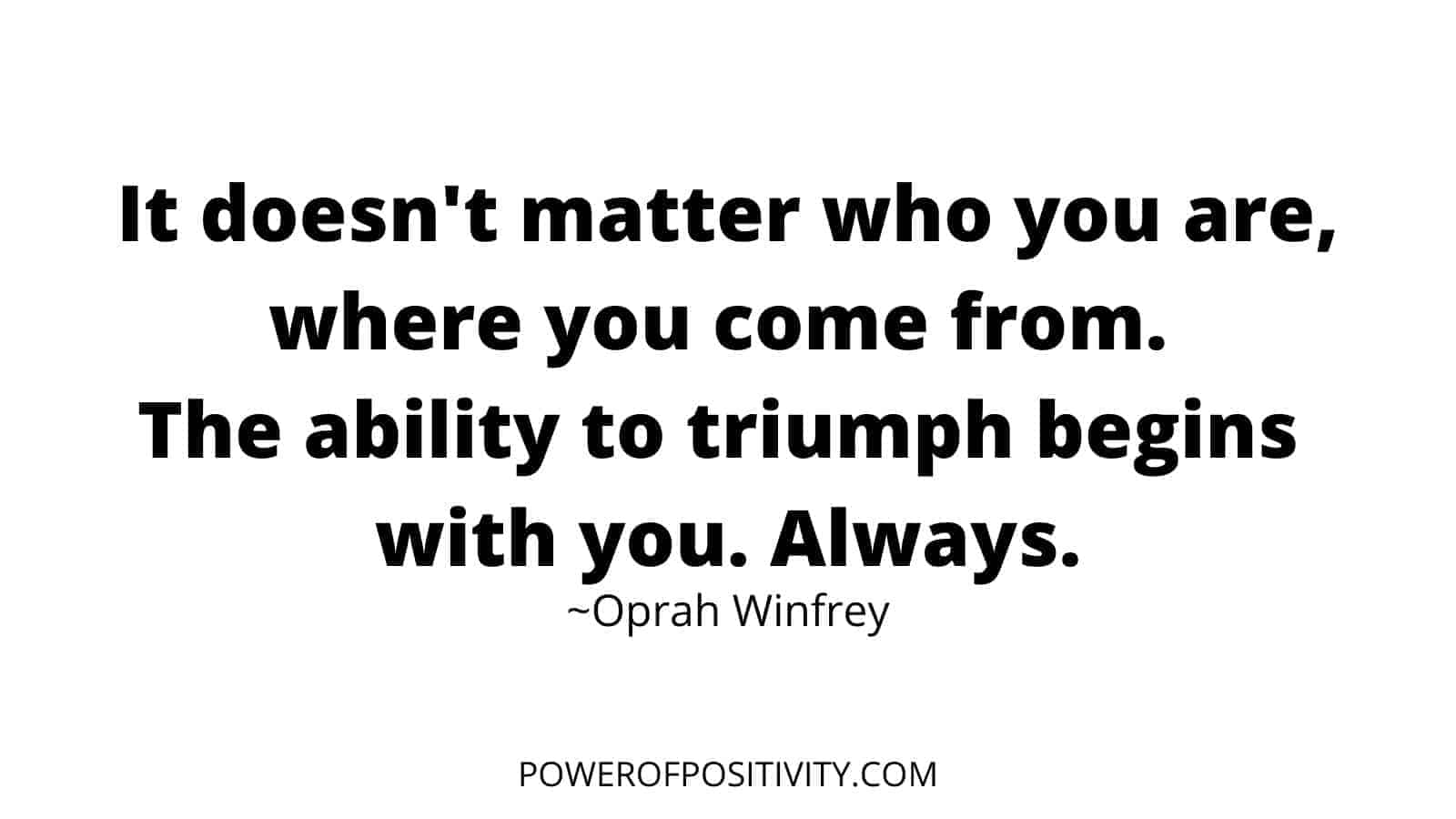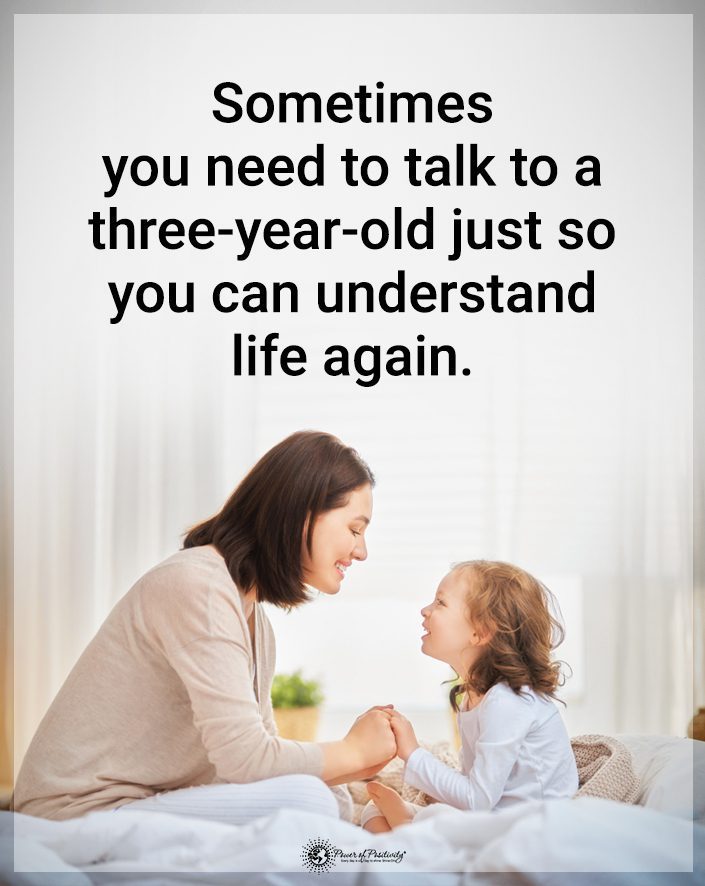You may recognize Roald Dahl as the author of Charlie and the Chocolate Factory and The Gremlins, as well as other short stories and children’s books. He certainly left us with great tales from his imagination, but he also taught us important lessons about life through his works.
Roald would’ve been 100 on September 13 of this year, so in memory of him, we will leave you with some of his best quotes that promote positivity and looking at the glass half-full.
10 Quotes from Roald Dahl That Will Make You More Positive
1. “And above all, watch with glittering eyes the whole world around you because the greatest secrets are always hidden in the most unlikely places. Those who don’t believe in magic will never find it.”
2. “A person who has good thoughts cannot ever be ugly. You can have a wonky nose and a crooked mouth and a double chin and stick-out teeth, but if you have good thoughts they will shine out of your face like sunbeams and you will always look lovely.”
3. “I began to realize how important it was to be an enthusiast in life. He taught me that if you are interested in something, no matter what it is, go at it at full speed ahead. Embrace it with both arms, hug it, love it and above all become passionate about it. Lukewarm is no good. Hot is no good either. White hot and passionate is the only thing to be.”
4. “Somewhere inside all of us is the power to change the world.”
5. “There is no life I know to compare with pure imagination. Living there, you’ll be free if you truly wish to be.”
6. “Most of the really exciting things we do in our lives scare us to death. They wouldn’t be exciting if they didn’t.”
7. “Never do anything by halves if you want to get away with it. Be outrageous. Go the whole hog. Make sure everything you do is so completely crazy it’s unbelievable…”
8. “Some people when they have taken too much and have been driven beyond the point of endurance, simply crumble and give up. There are others, though they are not many, who will for some reason always be unconquerable. You meet them in time of war and also in time of peace. They have an indomitable spirit and nothing, neither pain nor torture nor threat of death, will cause them to give up.”
9. “The life of a writer is absolute hell compared with the life of a businessman. The writer has to force himself to work. He has to make his own hours and if he doesn’t go to his desk at all there is nobody to scold him. If he is a writer of fiction he lives in a world of fear. Each new day demands new ideas and he can never be sure whether he is going to come up with them or not. Two hours of writing fiction leaves this particular writer absolutely drained. For those two hours he has been miles away, he has been somewhere else, in a different place with totally different people, and the effort of swimming back into normal surroundings is very great. It is almost a shock. The writer walks out of his workroom in a daze… a person is a fool to become a writer. His only compensation is absolute freedom. He has no master except his own soul, and that, I am sure, is why he does it.”
10. “There are a whole lot of things in this world of ours you haven’t even started wondering about yet.”
Related article: 18 Life Lessons To Learn From Arnold Palmer
We hope you enjoyed reading these quotes as much as we did! We can sum them up in just a few words for you: don’t ever stop exploring this world, don’t be afraid of your imagination, and keep on believing in miracles.










